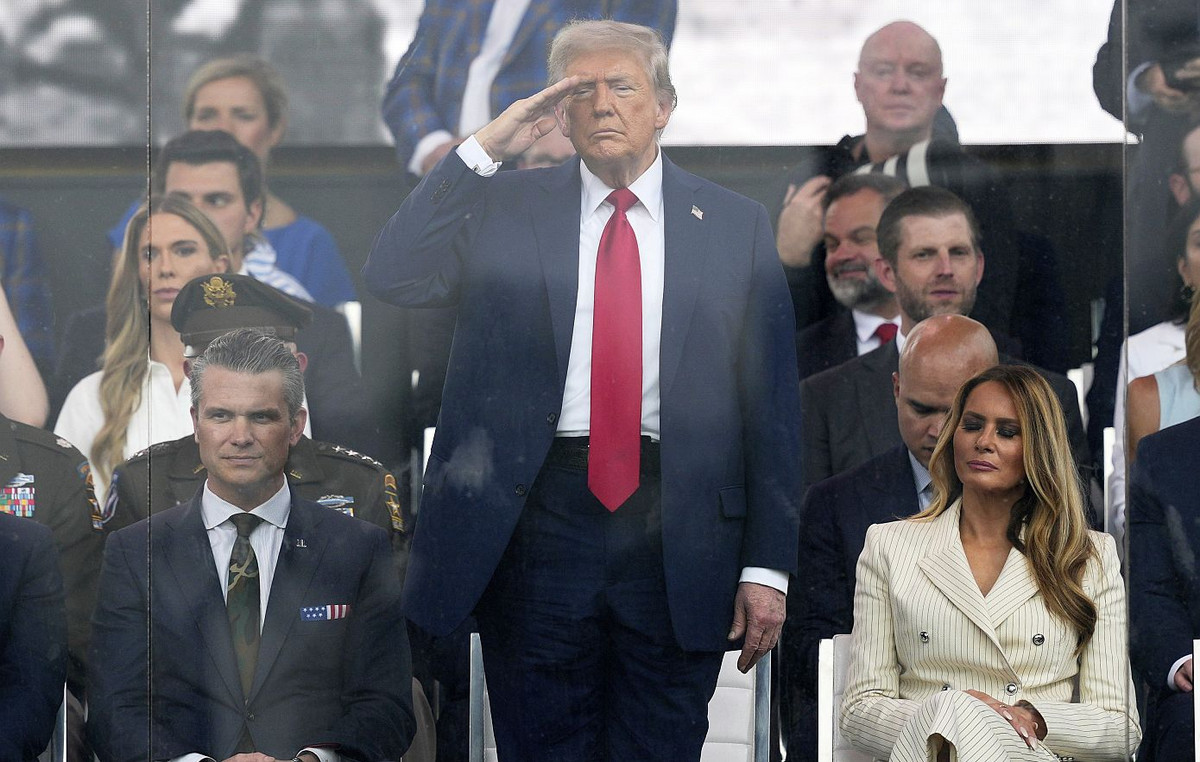After becoming the most streamed artist in a single day in history and “1989 (Taylor’s Version)” becoming Spotify’s most streamed album in a single day this year, it appears that Taylor Swift is worrying the music industry with her strategy to re-record your entire music catalogue.
According to an article by “Billboard”, Taylor’s version albums are not only becoming cultural phenomena every time they are released, but at the same time, they have reduced the value of the original recordings that were sold, which has caused record companies to start thinking about ways to prevent this type of strategy.
The article says that the major record labels, Universal Music Group, Sony Music Entertainment and Warner Music Group, have recently revised contracts for new signees and, according to leading music lawyers, require some in-demand artists to wait 10, 15 or even 30 years to re-record releases after finalizing their agreements.
Billboard says that for decades, standard major-label recording contracts used two waiting periods for artists to make Taylor-style re-recordings: five to seven years from the original album’s release date, or two years after the end of the contract.
“I recently made a deal with a big indie label that had a 30-year re-recording restriction. Which is obviously a lot longer than I’m used to seeing,” says Gandhar Savur, lawyer for bands and artists like Cigarettes After Sex, Built to Spill and Jeff Rosenstock, to the site. “I think the major record companies are also trying to expand their re-recording restrictions, but in a more measured way – they are generally not yet capable of making such extreme changes.”
“Obviously, this is a big headline topic — the Taylor Swift thing,” says Savur. “Record companies, of course, will want to do everything they can to address this and avoid it. But there is a limit to what they can do. Artist representatives will resist this, and a certain standard is ingrained in our industry that is not easy to move away from.”
A UMG spokesperson told Billboard that the label does not comment on legal agreements, but that the company made such changes to contracts prior to Taylor’s re-recordings, including a 10-year waiting period, increased royalties and other changes to benefit artists. Representatives for Warner and Sony did not respond to a request for comment.
According to Josh Binder, a lawyer representing SZA, Marshmello and others, says Taylor Swift’s scenario is rare and that most artists never need to exercise their re-recording rights.
In an interview with “Billboard”, he explains that after artists overcome re-recording restrictions the biggest problem is controlling their master recordings, a concern for Taylor when releasing her new versions, after manager Scooter Braun bought her catalog by Big Machine Music Group.
Artists and their lawyers have recently moved toward licensing deals — retaining ownership of their masters and signing with record labels to distribute the songs for a limited period of time — rather than traditional recording contracts where the label owns everything.
Source: CNN Brasil
I’m Robert Neff, a professional writer and editor. I specialize in the entertainment section, providing up-to-date coverage on the latest developments in film, television and music. My work has been featured on World Stock Market and other prominent publications.







